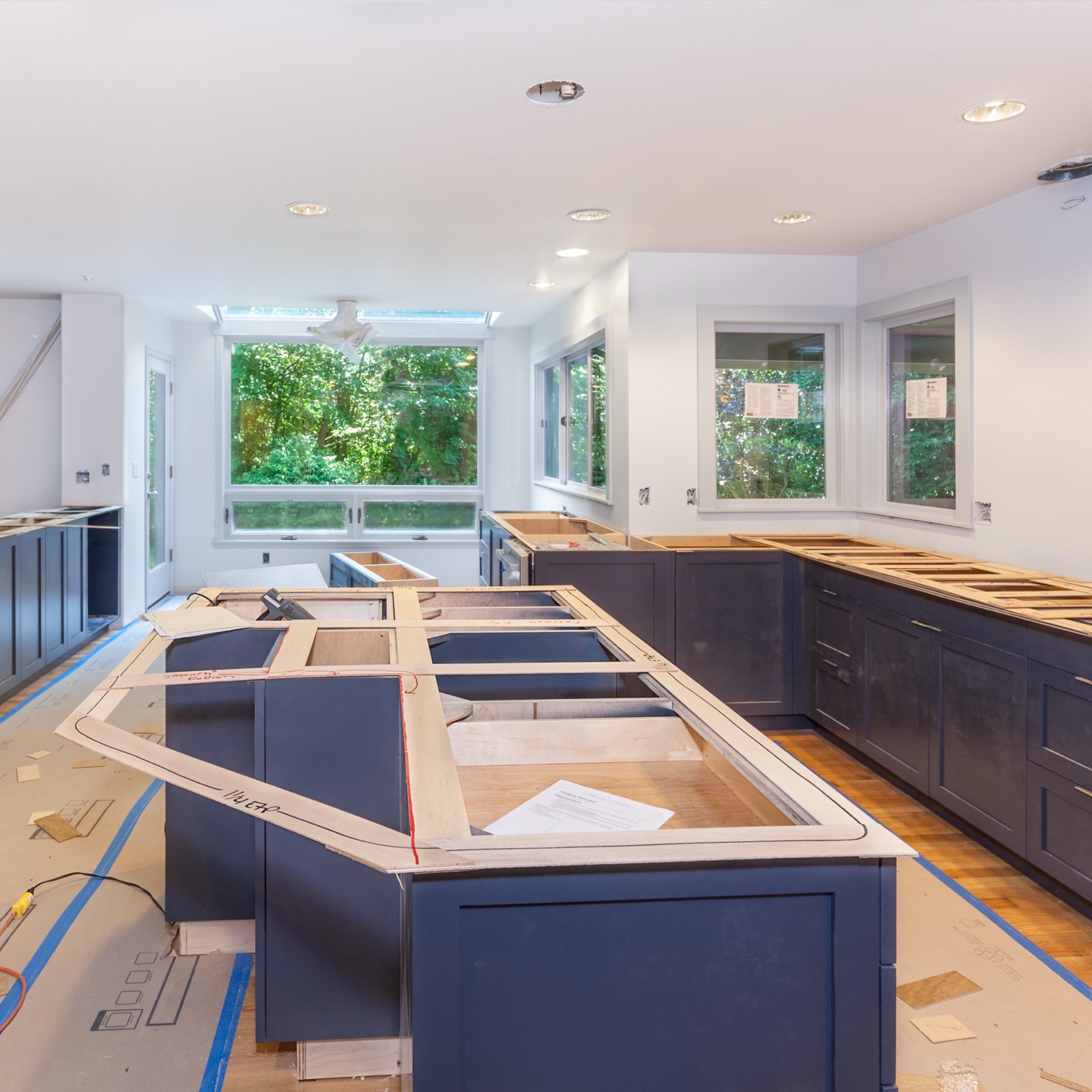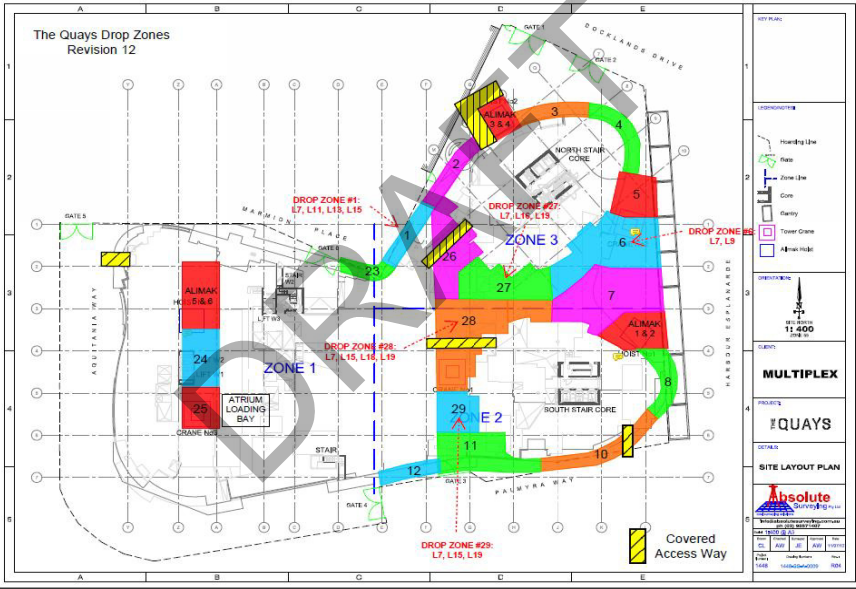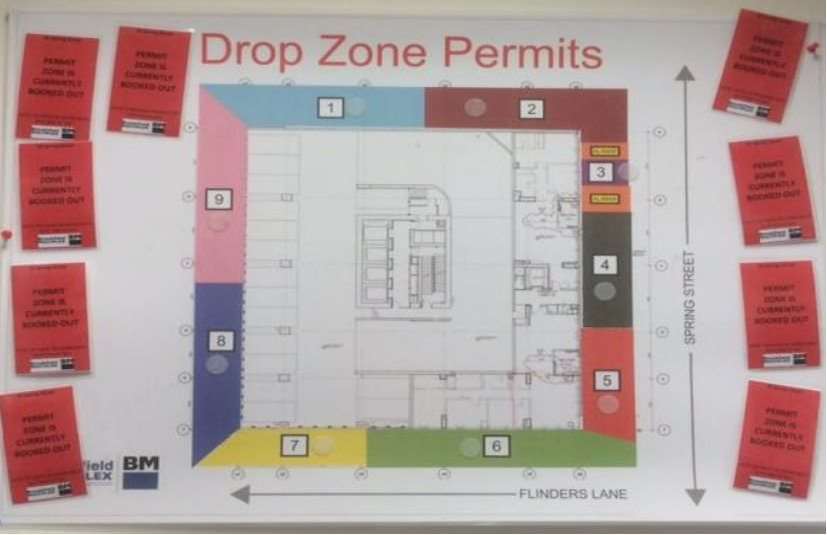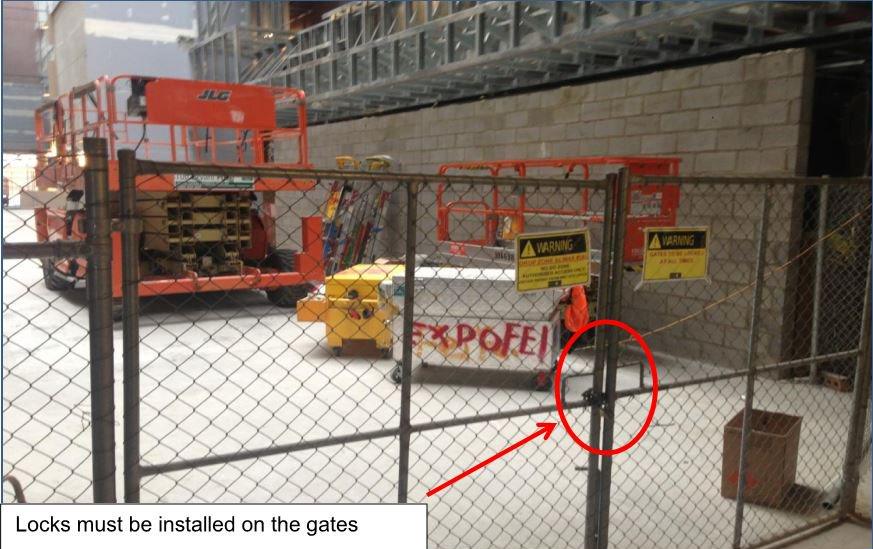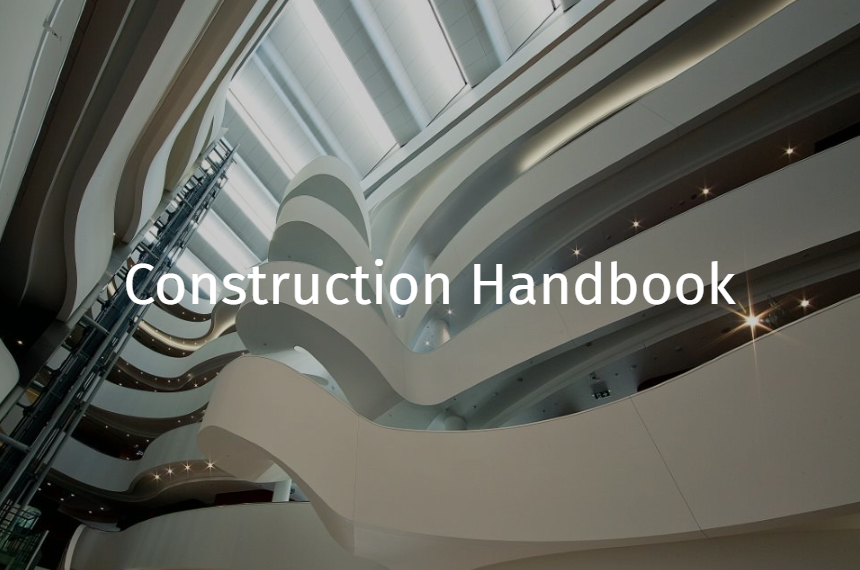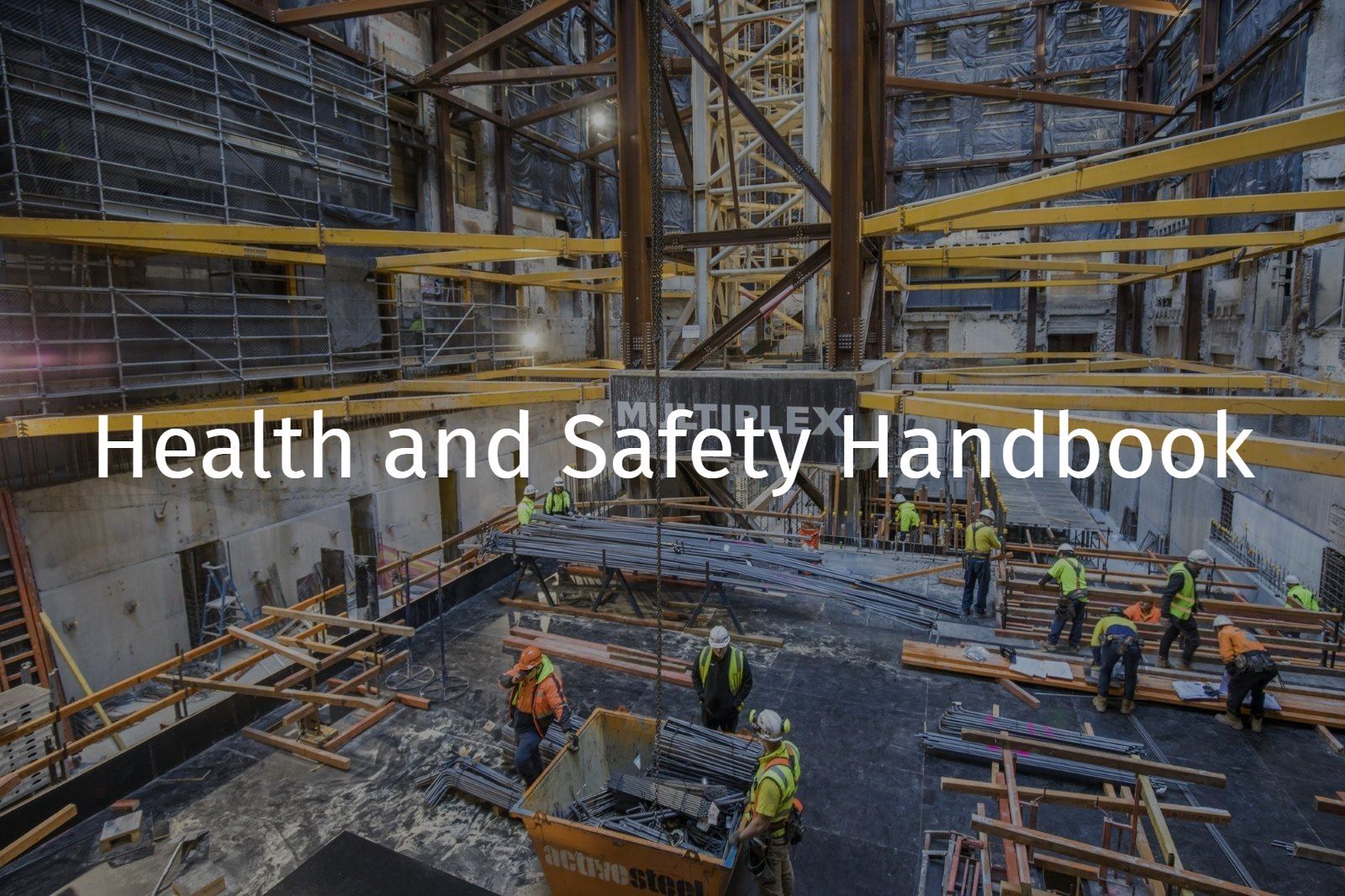Overhead Works Coordination
References: R Record keeping requirement | E An engineering/certification requirement | P A permit to work requirement | S A safe work method statement (SWMS) / written plan
Hazards
Potential hazards include, but are not limited to:
- Fall from height
- Falling objects
- Equipment / plant failure.
Planning
Project planning must include identifying and assessing the risks associated with overhead works. Control measures must be implemented to reduce the risks to public, the workforce, property or infrastructure.
During project planning stages consider the types of control measures required to control the risks associated with overhead works, including but limited to exclusion zones and access control to the excluded zones.
Considerations should include:
- An exclusion zone control system with predefined areas (vertical control)
- A secure fenced zone that is lockable and signposted
- Access control procedure
S Prior to the commencement of overhead work activities on projects, SWMSs must be developed by MPX and/or the subcontractor undertaking the works.
Coordination – Daily Meeting
MPX will hold daily overhead works coordination / logistics meetings as required to manage the risks associated with overhead works, each afternoon at a specified time or a suitable alternative time, in preparation for the following days’ work.
- The purpose of these meetings is to identify overhead works to be conducted the following day to coordinate these works and plan to safely execute them. The meeting will include but not be limited to discussion on working at heights, reducing the risk of falling objects, exclusion zones and in VIC and QLD the issuing of permits.
Nominated MPX site management representative/s (e.g. Site Manager / Supervisor) must facilitate the meeting, coordinate and prioritise work, where required resolve any conflicting priorities and document / distribute the meeting outcomes where deemed necessary.
A suitably authorised and informed subcontractor representative must attend the meeting to describe the subcontractor’s work, and confirm the controls that will be implemented to mitigate the risk associated with the work.
Subcontractors will not be permitted to undertake work at heights on building perimeters or on roof areas unless
- VIC and QLD – Unless they hold the relevant permit.
- WA they attend the daily overhead works’ coordination meeting
Where a subcontractor undertakes work that has not been authorised by MPX, the work will be suspended.
R The overhead works meeting and outcomes will be documented on the overhead works outline or pre-start meeting and include information in relation to:
- Each subcontractor’s work activity and the location of the activity/work
- The expected duration of the activity or work
- A markup plan, with colour coded work zones, contact details (name and phone number), and whether or not work is to be completed outside of normal work hours
- Any out of hours work.
Dissemination of Information
WA - Copies of the overhead works outline where developed shall be printed out in at least A3 size and displayed.
Each subcontractor must communicate the content of the daily overhead works outline to its respective employees via a pre-start meeting or similar.
Inspection and Monitoring
Compliance with the daily overhead works coordination meeting outcomes, inclusive of planned control measures shall be monitored eg. Informally through daily site walks and formally through the site safety committee walks, HSE audits and inspections.
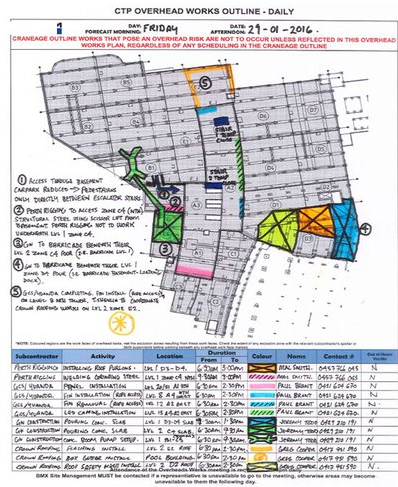
Over and Under Zone Permit – VIC, QLD
P VIC and QLD - A permit to work Over and Under must be implemented.
All Over and Under Permit zones must be coordinated through a designated Multiplex supervisor.
All permits must be obtained by the relevant contractor/s working in the permit zones.
The relevant contractor/s must sign the Multiplex (MPX) Permit book prior to taking out an Over and Under Permit. At the end of the working day or if the works have been completed prior to the end of the working day the contractor must issue the permit back to Multiplex and sign the permit book. For a permit to be valid a Multiplex signature is required.
Permit zone is only valid for the one day; the permit cannot be transferred over to the next day or to another contractor.
Note: Whilst sharing of permits is not permitted there needs to be some flexibility given to supervisors to control works in their area, e.g. a window installer is installing frames and glass in a permit zone and comes across a small area where the concrete needs to be chipped away. The concrete patcher/ labourer may be required to work alongside the window installer in the permit area.
Once the permit zone has been signed out the subcontractor is issued with the permit zone access key for the locks on the fencing around the permit zone. The subcontractor must keep the key on them at all times.
It is the subcontractor’s responsibility to maintain the permit zone whilst the permit is assigned to them.
All gates must remain locked and access limited to the subcontractor with the permit.
Once the permit zone has been signed out a red coloured sign is to be placed by MPX on the permit zone. The sign is to indicate that the permit zone is active and there is no access to this area except for the permit holder.
Once works have been completed within the permit zone, the subcontractor is to sign the permit zone back to Multiplex.
All contractors must toolbox their workers accordingly in to the permit zone process. Minutes from these toolbox meetings must be issued to the designated MPX supervisor coordinating the permit zones.
Note: A Project Permit Zone plan must be issued to the relevant contractors carrying out works in the permit zones.
The relevant permit zone signage must be displayed.
Legal and Other Requirements
- Managing the Risk of Falls at Workplaces Code of Practice (Qld) 2018
Document Control
Version 1 August 2019 – New Standard
